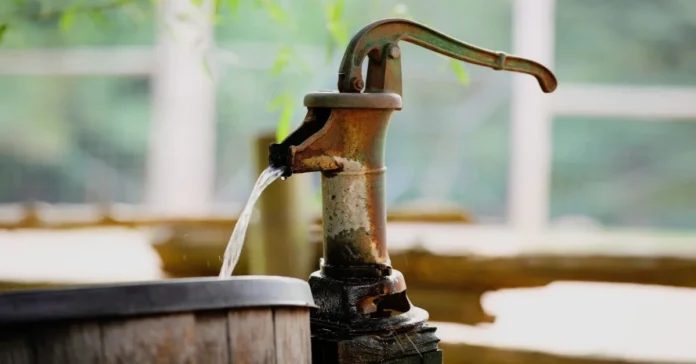A private water supply might sound like something reserved for farms or remote cottages, but more people, including businesses and homeowners, are starting to ask whether a borehole could be a smarter option. And they’re not wrong to wonder. In the right setting, the long-term benefits can be substantial.
But here’s the thing: not every property is going to see the same results. So, how do you know if it’s worth it?
First: How much water do you use?
It’s not quite as simple as wanting your water source – it comes down to usage. If you’re running a large property with an extensive garden, or if you own a site that’s water-heavy – think plant nurseries, dairy farms, food production – then mains supply charges can start to stack up quickly.
By contrast, if your consumption is light or irregular, a borehole might never pay itself back. That doesn’t mean it’s off the table, but the savings just won’t hit the same.
What’s going on underground?
Before anything gets drilled by a provider like Teckna Group, you need to know there’s accessible groundwater on your land. That’s where hydrogeological surveys come in. A quick site visit won’t cut it – you need a proper look at the subsurface.
Some areas have aquifers just a few metres down. With others, you might be facing solid rock or less permeable layers. The depth and ease of drilling directly affect the cost and viability of the whole thing.
Look past the initial price tag
Yes, installing a borehole system involves a decent chunk of money. Drilling, the pump system, maybe some water treatment – it adds up, but you need to zoom out.
Once the system’s in, the water is yours. No more unit charges, no more price hikes from the water company. For high-consumption users, that means payback in a few years. After that, it’s just savings. If you’re thinking long-term or planning to sell, a private supply can be an attractive feature for prospective buyers.
Don’t forget water quality
Groundwater is often clean, but not always ready for drinking without some form of treatment. Depending on where you’re based, you might need filtration or UV systems. That’s not unusual, and it doesn’t mean the water’s bad, but it’s something to budget for.
The only way to know is to test the water properly. You’ll also need to keep on doing these tests as time goes by, to make sure that no additional impurities have gotten into the water source without your knowing.
Independence benefits
Here’s a benefit that’s hard to price: control. A borehole gives you independence from infrastructure that’s becoming increasingly unreliable, especially in rural areas. For businesses where downtime means lost revenue, that reliability can be reason enough.
If your water demand is high, your site is suitable, and you’re planning for a potential sale, then yes – a borehole can be a cost-effective, long-term win. Just don’t skip the groundwork, so that you know what you’re getting yourself into.



